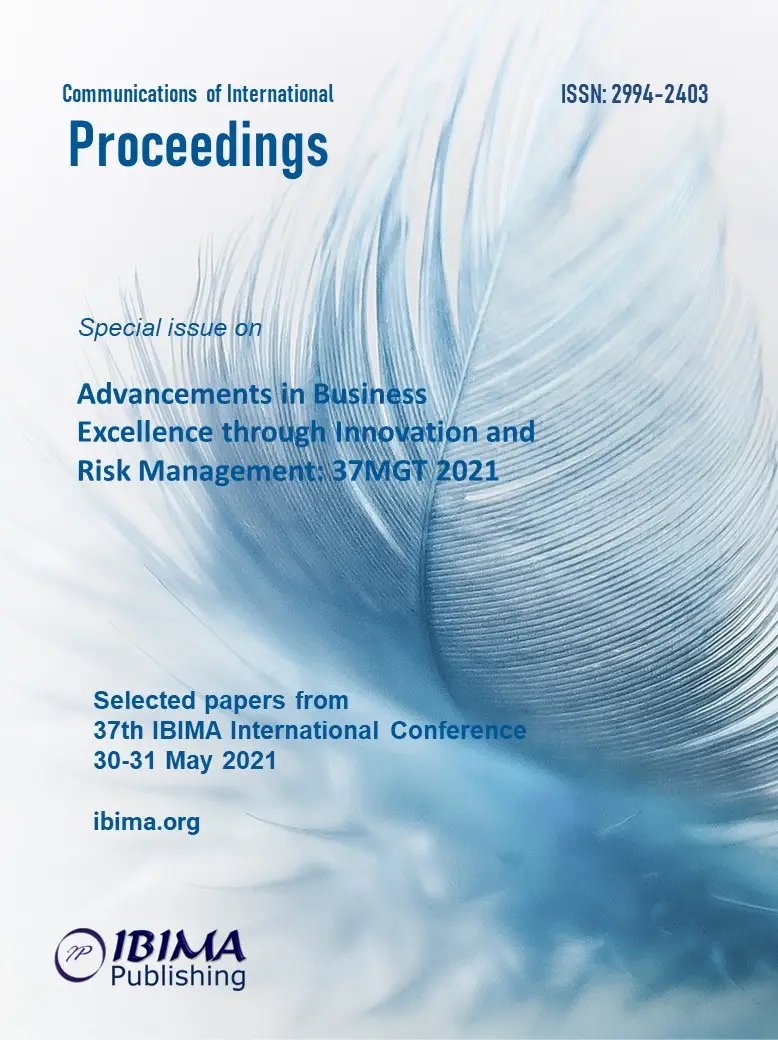
Lara SANTOS1, Luísa LOPES2 and Salete ESTEVES2
1 Universidade Lusófona do Porto, Instituto Politécnico de Bragança, Portugal
2 Instituto Politécnico de Bragança, Portugal

The COVID-19 pandemic brought limitations and change to everyday life like never before. While people were adapting their habits to physical distance, organizations felt challenged to look for alternatives to adapt their business. Brands were forced to see how they could quickly keep the business alive and connected to the new world. This research uses the context of the new coronavirus (SARS-CoV-2) and its spread disease (COVID -19) and intends to explore public perceptions about brands actions and communication during the pandemic, trying to understand how the different approaches to crisis were perceived among the target audiences. A theoretical approach supports an exploratory comparative and cross-border (Brazil versus Portugal) empirical process. This process regards the participation of brands in the discursive phenomenon “we are together”, the hashtag #vaificartudobem (everything will be fine) or “stay home” and how their audiences react to this approach. In April and May 2020, a quantitative method was developed applying a survey. The results of this study suggest that brands have real benefits as their actions are positively recognized by the public opinion (in Brazil and Portugal). Brazilian audiences consider it more important for brands to be present in delicate moments such as the current one and promoting the public’s awareness and consciousness. Female respondents believe that brands that embrace the cause and promote social isolation, improve their image. This sample also recognizes differences in brands and communication changes, during COVID-19, and finds it important that brands embrace the cause and promote social isolation, improving their image.